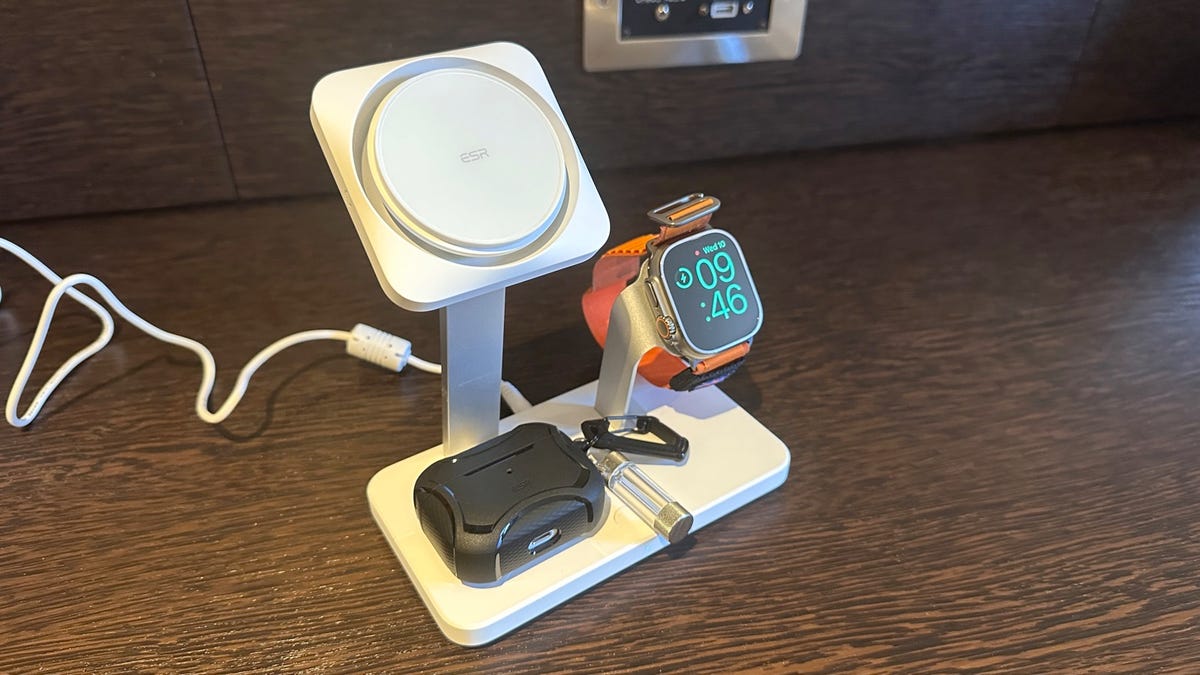BOOK THIS SPACE FOR AD
ARTICLE ADAlong with the usual security updates and bug fixes, the latest Android update is quietly introducing a new feature that will help prolong your phone's battery life. Similar to Apple's recent "80% Limit" feature, Android is releasing a feature that lets you cap your phone's charge at 80%.
As ZDNET's Senior Reviews Editor Kerry Wan explained last year, it's not that phone batteries aren't lasting as long as they used to, "it's just the nature of lithium-ion batteries found in iPhones and other devices," he wrote, "with the maximum capacity slowly degrading every time it completes a charge cycle."
Also: Your Pixel phone is getting a big update - look for these 10 useful features
The feature was first spotted by a Pixel user who shared an image of the setting on Telegram and later shared by Android Authority. To access the feature, head to your phone's settings menu and look for "charging optimization." You'll see the choice to turn on adaptive charging, which finishes charging your phone to 100% right before you usually unplug it, and the option for "Limit to 80%." A note below the settings explains that it should help "extend battery lifespan."
Capping a phone's charge at 80% means it won't last as long throughout the day, but charging it to 100% every night will ultimately make it lose life much more quickly. While the option to start the day at 80% won't work for some users, it's nice to have the choice if it works for you.
Also: The best Android phones to buy in 2024
For most people, 80% should be enough to get through the day. But if you look at your phone often or engage in battery-intensive tasks like streaming, gaming, or GPS, this might not be an option you'll use.
Google is rolling out the feature slowly (it wasn't available on my device when I checked). We expected to see this feature in December, but it's apparently coming out a little sooner. If you don't see it now, you should over the next few days.
.png)
 2 weeks ago
24
2 weeks ago
24 















 Bengali (Bangladesh) ·
Bengali (Bangladesh) ·  English (United States) ·
English (United States) ·